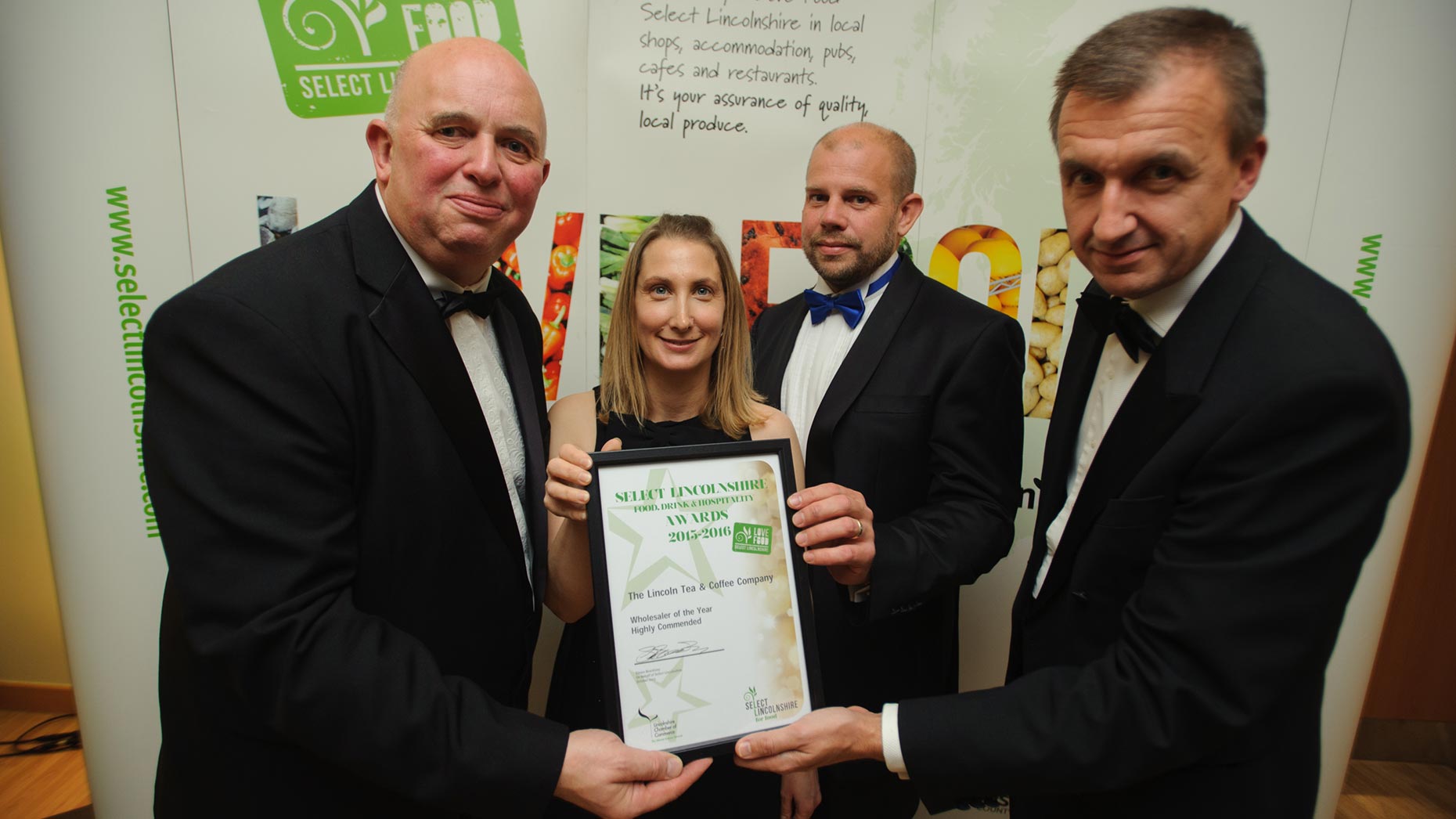
A Lincoln school’s commitment to developing career skills with its pupils is being highlighted at a national conference next month.
The “exemplary” work done by Sir Robert Pattinson Academy will be the focus of one of a number of sessions at the annual Careers Education & Guidance Summit in London.
The academy has been chosen as a leading example of how schools and local business can work together to provide students with valuable skills and experience.
Sir Robert Pattinson’s head teacher Helen Renard, work experience and careers co-ordinator Angela Todd and one of the school’s key supporters Neil Everatt, CEO, of Lincoln-based Software Europe will present their tips on how to engage with employers.
Among the other speakers at the event will be Sam Gyimah MP, Parliamentary Under Secretary of State for Education and Childcare; Karen Adriaanse, Ofsted’s National Adviser for Careers Guidance Employability and Joe Billington, Director for the National Careers Service.
The conference in Paddington is designed to give delegates from all over the UK get an understanding of new policy and an opportunity to engage with Ofsted, careers providers, award winning schools and colleges, employers and universities.
Helen Renard said: “We are absolutely delighted to be invited to present at such a prestigious event and equally pleased to be able to do so alongside one of our supporters, Software Europe.
“The school really does put a great deal of commitment and time into helping its pupils prepare for a successful and fulfilling career and providing them with the key skills they will need in the world after education.
“Our partners in the community are crucial to the success of our endeavours and it will be great to showcase how we work together for the benefit of the pupils and local business.”
Neil Everatt, CEO of Software Europe, said: “The partnership between the company and the school has been a very positive experience and has allowed us to support the school and help develop the right skills for the workforce of the future.
“To be able to showcase this growing collaboration to a national audience is exciting and, I hope, will help others across the UK benefit from our knowledge.”



































